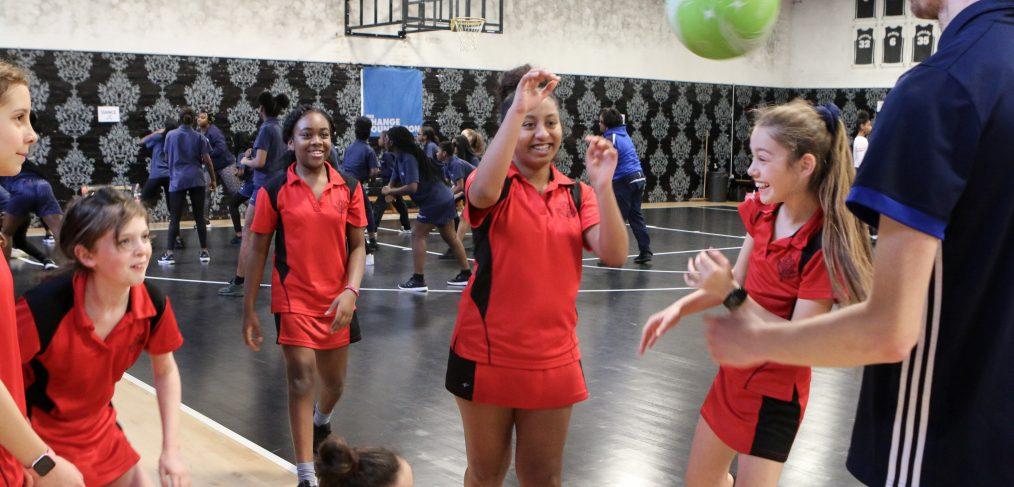My name is Dan Levey, and I am one of the Coach Mentors at The Change Foundation and an avid cricket player. Throughout my life, I have been an active sportsman and have been playing cricket for over 10 years with the England Learning Disabilities team which has created some amazing bonds and memories with my teammates who have now become great friends of mine.
When lockdown was first announced in March last year, having my passion, friends and overall support system come to a halt came as a complete shock to me. My friends are placed all over the country, so seeing them pre-pandemic was already a struggle to begin with. Going from weekly training sessions with matches almost every weekend to virtual online zoom calls was a reality I hoped was going to be short lived, but the more time that passed on the more I began to feel isolated and lonely.
I work on various programmes for The Change Foundation, from our Refugee Cricket Project to Girls Win, our female disability programme. Working with a range of young people throughout lockdown has allowed me to experience the different types of isolation and the effects it is having on our young people. They thrive best with routines, challenges, and stimulation but because of the lack of face-to-face support, they have been suffering from raised anxiety, increased boredom, and high stress levels.
As a Coach Mentor, you get to know each young person that you work with on a personal level. You know their likes and dislikes, strengths and weaknesses and overall personality traits. The pandemic has severely altered the personalities of some of our young people, with even the loudest and active personalities being reduced to becoming more withdrawn and fatigued.
Our virtual sessions have been extremely impactful on our young people by helping them continue a weekly routine, stay stimulated, make new friends, and learn new life skills. Although it initially took a few months to build up trust in this way, our young people now feel more at ease when reaching out to us for support online, which they know they can do at any time of the day.
Upon reflection, I now realize that my weekly cricket sessions were way more than just a physical activity and a “good way to stay healthy”. They stimulated my mind, gave me a purpose, and indirectly gave us all a support system for the struggles we were already facing in life. When planning our virtual sessions, we aim to be as creative and innovative as possible to encourage our young people’s minds to explore new ways of learning and ensure that we are filling out their days with new and exciting routines.
Pre-Covid, I saw sport largely as physical activity that kept me fit and healthy, an engaging tool for the children and young people I mentor and a creative way to bring in important conversations. But lockdown has taught me so much more about looking after my own mental health and the mental health of young people through sport. My hope is that post-lockdown, we don’t forget what this time taught us, how it made us feel and acknowledge that sport is truly an amazing gift which helps bring people together and the mental relief it can provide us all.

